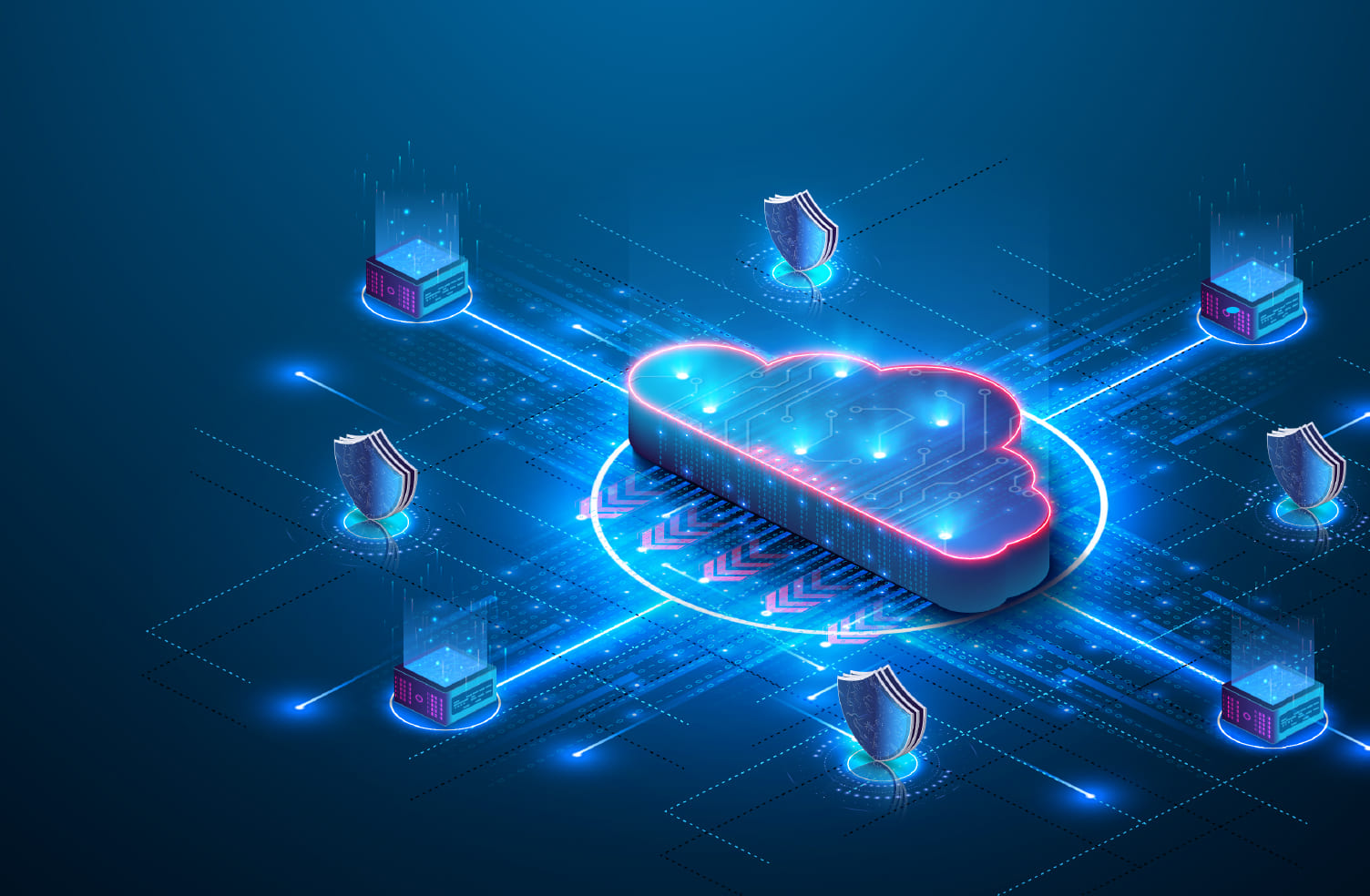
44% of security incidents in 2021 were caused by employees falling victim to phishing scams. The second leading cause of security incidents in 2021 was unpatched software and lapses in security. One in five enterprises experienced a zero-day attack in the last year.
Cybercrime is rampant, so your organization should take extra precautions to avoid becoming another statistic. A virtual CISO (vCISO) can decrease the frequency of these problems and the damage they cause.
What Does a vCISO Do?
A traditional, in-house Chief Information Security Officer (CISO) oversees the security program protecting a business’s information assets, data, and technologies. While a virtual CISO (vCISO) is responsible for the same duties as a CISO, they do so in an on-demand capacity. A vCISO typically works as a part-time, virtual infosec consultant offering guidance, expertise, and leadership to organizations looking to strengthen their security posture. For many businesses looking to bring on an information security expert, especially those limited by budget or location, a virtual CISO is a great, cost-effective option.
Services offered by a virtual Chief Information Security Office might include:
- Conducting a comprehensive cyber risk assessment to pinpoint weaknesses in your security posture
- Developing cybersecurity programs and executing security strategies that align with your business objectives
- Dispatching regulatory penetration testing to identify vulnerabilities in your data security operations
- Incident response planning and remediation to be enacted in the event of a security breach or cyberattack
- Preventing data loss and fraud by monitoring the flow of information and taking action when large amounts of data leave your organization
- Administering data privacy and cybersecurity training initiatives company-wide
- Overseeing employee credentials and maintaining who has access to sensitive information
- Constructing and guiding risk management and security programs, like patching system gaps regularly to keep company data secure
- Assembling a governing framework to ensure that cybersecurity systems are functioning properly within budget and time restraints
Reasons to Hire a vCISO
Online business and cloud-based data storage solutions increase as technology advances. But this means that information, if not properly secured, is easier to access than ever before. Third-party breaches, ransomware, and zero-day attacks are becoming a frequent concern for organizations of all sizes, and experts predict damages from cybercrime will reach $10.5 trillion annually by 2025.
Still, nine out of 10 IT and infosec leaders believe their companies are falling short in addressing cyber risk. As a result, we see a trend toward implementing proactive security strategies, investing in protective hardware and software, and distributing security awareness training for employees. These initiatives take time, money, and strong leadership to determine appropriate security goals and develop programs to meet them. That’s where a virtual CISO can be beneficial.
Businesses shouldn’t treat cybersecurity as an add-on service. Having a head of security is crucial for keeping your company’s information safe. Unfortunately, not every organization has the budget for a full-time CISO. Because virtual CISOs work on-demand, they tend to be more affordable, making them a cost-effective option for small to mid-sized businesses (SMBs) that lack the funding necessary for an entire IT and infosec department.
The most time-consuming part of cybersecurity is getting started. A vCISO can build the cybersecurity policies and frameworks necessary to strengthen data security throughout your organization. They are poised to design a custom, top-of-the-line information security program from an objective point of view.
Suppose your previous CISO or Chief Information Officer (CIO) has left the company, and you are experiencing a gap in cybersecurity leadership. In that case, a vCISO can take over until you fill the role ensuring your data stays protected from threats.
Regulatory information security and data privacy initiatives have been heating up. While the United States doesn’t have comprehensive privacy laws like the European GDPR, organizations do need to comply with laws such as HIPAA and PCI-DSS. A virtual CISO can ensure that your business complies with industry and state cybersecurity requirements.
Virtual CISOs are growing in demand with enterprises and SMBs as the amount of sensitive business-related information stored online increases. They typically cost less, have a broad range of experience, and work from anywhere. If your SMB has been missing patches, fallen victim to phishing schemes or cyber attacks, or needs an infosec upgrade, then a vCISO may be your best cybersecurity option.
Ready to upgrade your IT and cybersecurity programs? Warwick Communications is an experienced IT service provider prepared to monitor, detect, and mitigate issues before they affect your business. Get in touch with us today to learn more about our cybersecurity services.




